Marketing automation isn’t just about scheduling posts; it’s about how you attract, nurture, and convert leads. By automating daily tasks and personalizing engagement with lead distribution software, you can accelerate all your KPIs, including return on investment (ROI). So, let’s explore how you can use marketing automation to streamline your business’s workflow.
What Is Automated Lead Generation?
Automation speeds up your marketing since you are no longer tied to the limitations of your team. With such services, you streamline your promotion and lead generation, providing repetitive and mundane tasks to the specific tools. At its core, marketing automation uses technology to:
- Identify and attract leads: Use schedulers, content and customer distribution platforms, and paid ad automations to drive quality traffic.
- Capture the user’s information: You may try pop-ups, lead magnets, and chatbots to engage visitors and collect their data.
- Nurture leads using automated workflows: At this stage, you can try email marketing services and retargeting ads to keep leads interested.
- Score your leads: Determine who is most likely to convert by using lead scoring services, CRM workflows, and automated follow-ups.
- Route leads to the sales team: Your task here is to make it easy for leads to book calls, sign contracts, or complete purchases.
Implementing lead distribution software saves time for your sales and marketing teams, increasing consistency in follow-ups and nurturing.
Key Benefits of Marketing Automation
Lead generation automation streamlines the entire customer journey, from attracting leads to converting and retaining them. With marketing automation, you can deliver personalized experiences at scale with the lowest effort for your team.
These tools save hours or days by streamlining repetitive, simple tasks and delivering relevant content to all your leads. Sales automation tools can ensure timely outreach and nurture every lead, while providing real-time feedback to optimize your campaigns.
Marketing automation lays the foundation for efficient lead generation, but how does it actually work? Let’s break down the types of lead generation automation and how it can benefit you.

8 Main Types of Lead Generation Automation
It comes in various forms, each designed to streamline different aspects of the lead routing. There are 8 common types of marketing automation that you can find in almost any campaign of any business:
- Content distribution
- Lead capture
- Lead scoring
- CRM integration
- Chatbot qualification
- Email drip
- Retargeting
- Optimization
There are far more than these 8 vital marketing automation types. However, these are most crucial regardless of your industry. Let’s examine how they can benefit you.
1. Content Distribution Automation
Such software automates content distribution across multiple platforms, ensuring your posts, videos, and ads reach the intended audience at the best time. To ensure that you get the most out of your efforts, you can use tools like Buffer, Hootsuite, Phonexa, and even Meta Ads.
Need help maximizing lead conversion through powerful marketing automation strategies?
Contact Growth Hackers
2. Lead Capture Automation
This automation streamlines the process of getting the required data from users. For instance, when visitors land on your website, a chatbot greets them with questions like “What brings you here today?”. Based on their answers, it performs lead scoring, collects contact info, and routes them to the appropriate content or team.
This process typically happens not only through the bots, but also with interactive forms, pop-ups, or gated content. The goal is to convert anonymous visitors into identifiable leads who can enter your nurturing funnel.
Lead capture automation is a crucial step in converting cold traffic into warm leads. Combined with segmentation and real-time routing, it creates a seamless entry point into your automated sales funnel. The most well-known services for it are Active Campaign, Phonexa, Pipedrive, and Lead Genius.

3. Lead Scoring Automation
This automation helps your business to prioritize leads based on their engagement, behavior, demographics, or other predefined criteria. Assigning values to different actions allows sales and marketing teams to focus on leads that most likely convert.
Let’s imagine that you provide some complex service, such as car insurance or solar. You can monitor the readiness of your car insurance leads to take action by watching their actions on your website. Once they spend a minimum amount of time or book a product demo, you know that they are ready to move to the next stage of the sales funnel.
The most well-known services for this work are Hubspot, ZohoCRM, Phonexa, and Salesforce. They have a lot of tools to simplify your marketing automation and lead conversion.
4. CRM Integration Automation
During this process, you ensure your lead data is seamlessly synced with your customer relationship management (CRM) system. It will simplify all other conversion aspects. To make it as smooth as possible, you need an organized database to track, segment, and follow up your leads.
When a visitor fills out a form or subscribes to a newsletter, their data is instantly added to your CRM, creating a lead profile. It ensures the lead is tracked through the sales funnel without any manual entry from your team. The most popular services that can help you here are Hubspot, Phonexa, Salesforce, and Keap.

5. Chatbot Qualification Automation
Chatbot qualification automation uses AI-driven chatbots to interact with website visitors, qualifying leads in real-time based on their responses to predefined questions. By asking and gathering key information (such as budget and needs), the bot can categorize leads into different segments and choose the appropriate lead conversion funnel for the particular user.
The most well-known platforms that can help you with it are Intercom, Drift, Tidio, Phonexa, and Manychat. These services provide automated lead conversion, lowering manual workload.
6. Email Drip Campaigns
Such campaigns automatically deliver a scheduled or behavior-triggered series of emails. Email automation is an inseparable part of many lead conversion strategies. Here, you nurture the user through the sales funnel by providing relevant information based on their interactions.
The goal of email automation is to build trust by providing personalized yet automated communication. Once you have gained trust, you can start to educate and eventually convert leads. You can use email marketing tools for B2B like Mailchimp, ActiveCampaign, Phonexa, Klaviyo, or any other relevant platform to execute and manage these campaigns effectively.
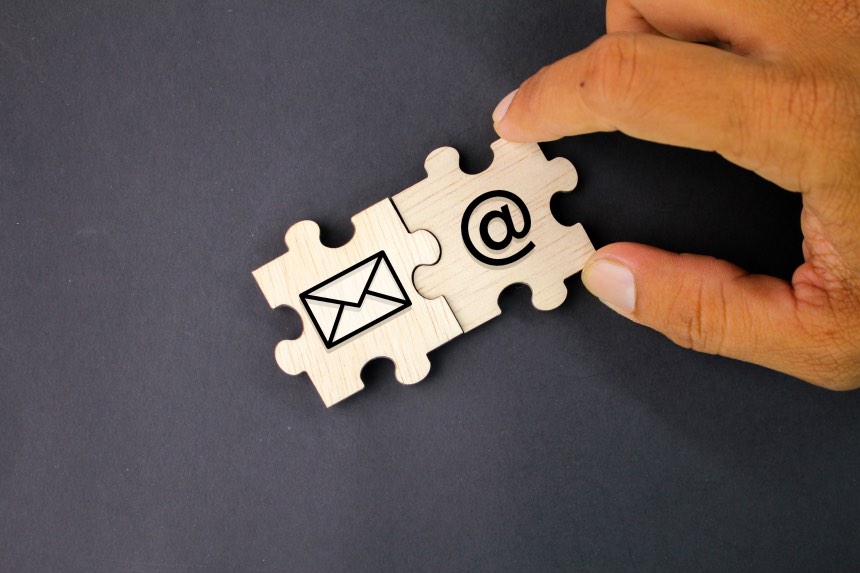
7. Retargeting Automation
This particular marketing automation re-engages users who have already interacted with you but did not convert. By showing targeted ads to these users across multiple platforms, you can remind them of your brand and stimulate them to complete a desired action.
Retargeting increases the chances of capturing prosperous leads and improving overall conversions. We recommend that you analyze not only the intentions, but also user behavior to provide the most relevant offers during retargeting.
8. Optimization Automation
Marketing automation tools can track lead behavior, performance of the marketing campaign, and funnel efficiency to optimize results. So, use them to monitor as many KPIs as possible.
Start with simple metrics like Cost Per Mille (CPM), Click-Through Rate (CTR), and conversions. We also recommend you leverage more complex KPIs like Customer Lifetime Value (CLV) to determine the profitability of your efforts. You can use Phonexa, Hotjar, Google Analytics, and Hubspot for conversion analytics and constant automated optimization.
Most marketing automation services can independently adjust campaigns 24/7, launch A/B tests, and highlight high-performing segments and bottlenecks. That way, you can save your marketing team’s time, so they can spend it on more interesting tasks with human-to-human interactions.
Boost your sales pipeline with smart marketing automation now.
Work with Growth Hackers
How to Automate Lead Generation in Any Industry: Short Instruction
Marketing automation streamlines all your processes, saves days of working time, and improves lead quality. But to choose the best service, you need to create a marketing strategy and determine your goals, whether it’s immediate sales or slow lead nurturing. Ask yourself about the goals of your business in the short and long term. It helps you to determine the appropriate marketing strategy.
The next step is to find a tool that suits all your needs. You don’t need to jump from one service to another, as it’s better to analyze everything in a comprehensive suite.
Once you’re set, it’s time to start lead generation. Remember, what works great with your website might not suit social media. Select lead generation approaches that suit your specific situation and chosen promotion platforms.
Regularly run scoring to prioritize the highest-prospect leads. Set criteria based on:
- Demographics: Age, location, etc.
- Behavior: What users like, search, and how they interact with your website or socials.
- Engagement level: How often the lead interacts with the brand (e.g., email opens, visits the website).
Mix old and new promotional approaches, such as drip email campaigns, social media marketing, etc. Retarget visitors who’ve interacted with you, but didn’t convert. People need to take time before making any purchase. Give them that time and set up retargeting campaigns that suit users’ stage of the lead generation funnel.
We also recommend that you constantly measure your current marketing efforts and regularly test new promotion approaches. Keep in mind that marketing is an ever-changing industry, and what works today may become obsolete tomorrow.

The Importance of Automation
Marketing automation changed the businesses’ workflows for good. With such tools, you can efficiently nurture prospects with tailored promotions that suit their needs.
Currently, users are looking for a quick and personal response, and automation tools can help you with it. As we’ve explored, it’s clear that those platforms can scale up all your communication. Embracing marketing automation is not a new trend; it’s a necessity to stay competitive in the new world.
Growth Hackers is a leading marketing automation agency helping businesses from all over the world grow. There is no fluff with Growth Hackers. We help entrepreneurs and business owners transform their funnel with smart marketing automation techniques, increase their productivity, generate qualified leads, optimize their conversion rate, gather and analyze data analytics, acquire and retain users and increase sales. We go further than brand awareness and exposure. We make sure that the strategies we implement move the needle so your business grow, strive and succeed. If you too want your business to reach new heights, contact Growth Hackers today so we can discuss about your brand and create a custom growth plan for you. You’re just one click away to skyrocket your business.

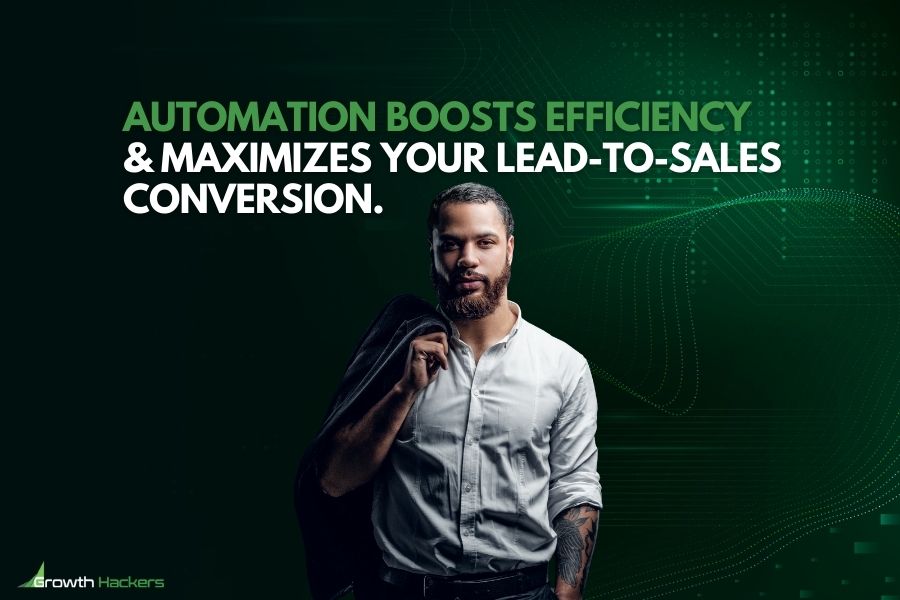
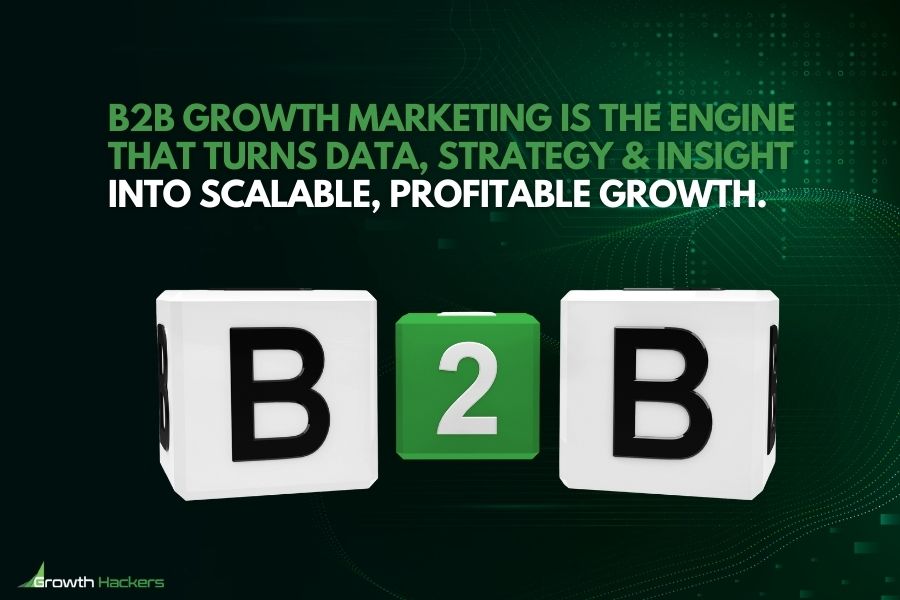
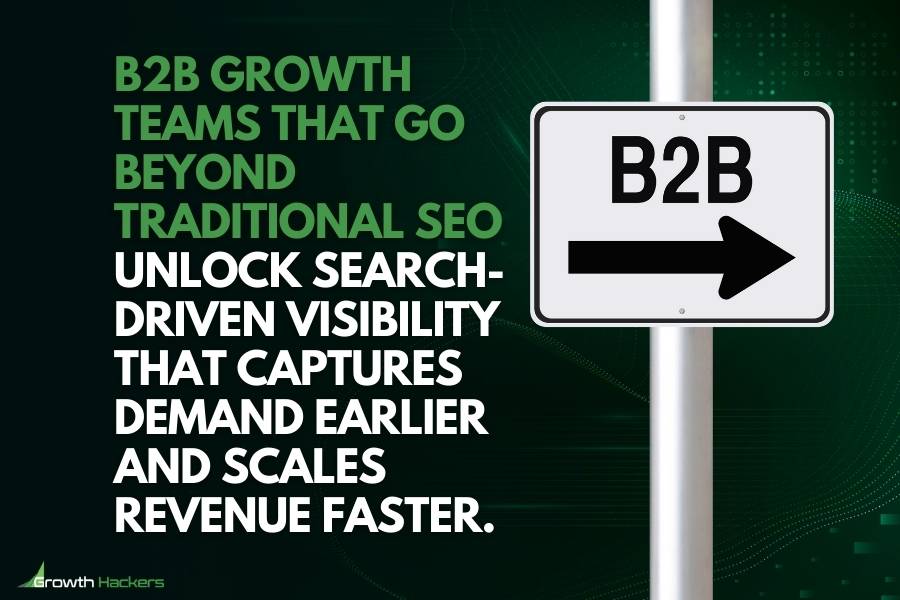
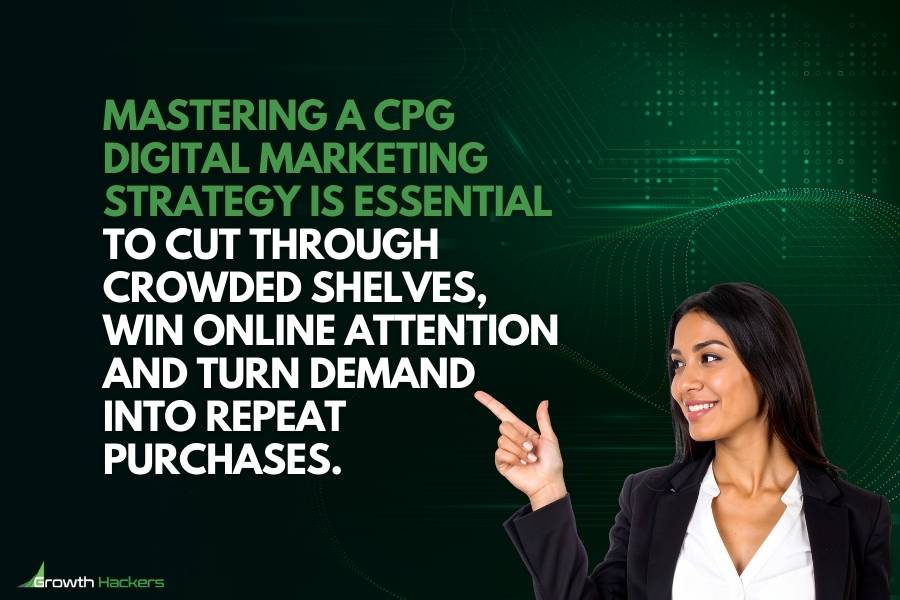
1 Comment
I really appreciated the actionable insights in this guide—especially the smart use of chatbots, drip campaigns, and lead scoring to seamlessly guide prospects through the funnel. Such a practical and comprehensive resource for anyone looking to boost lead conversions!